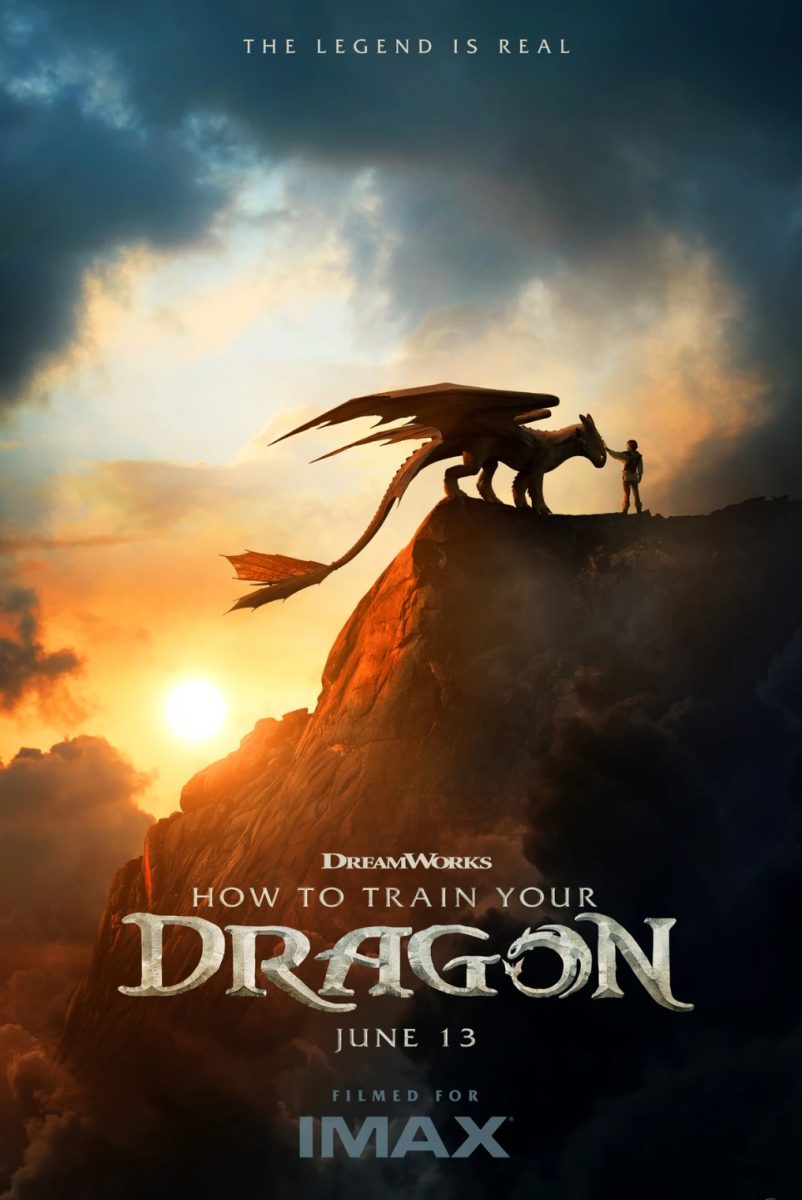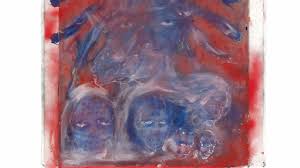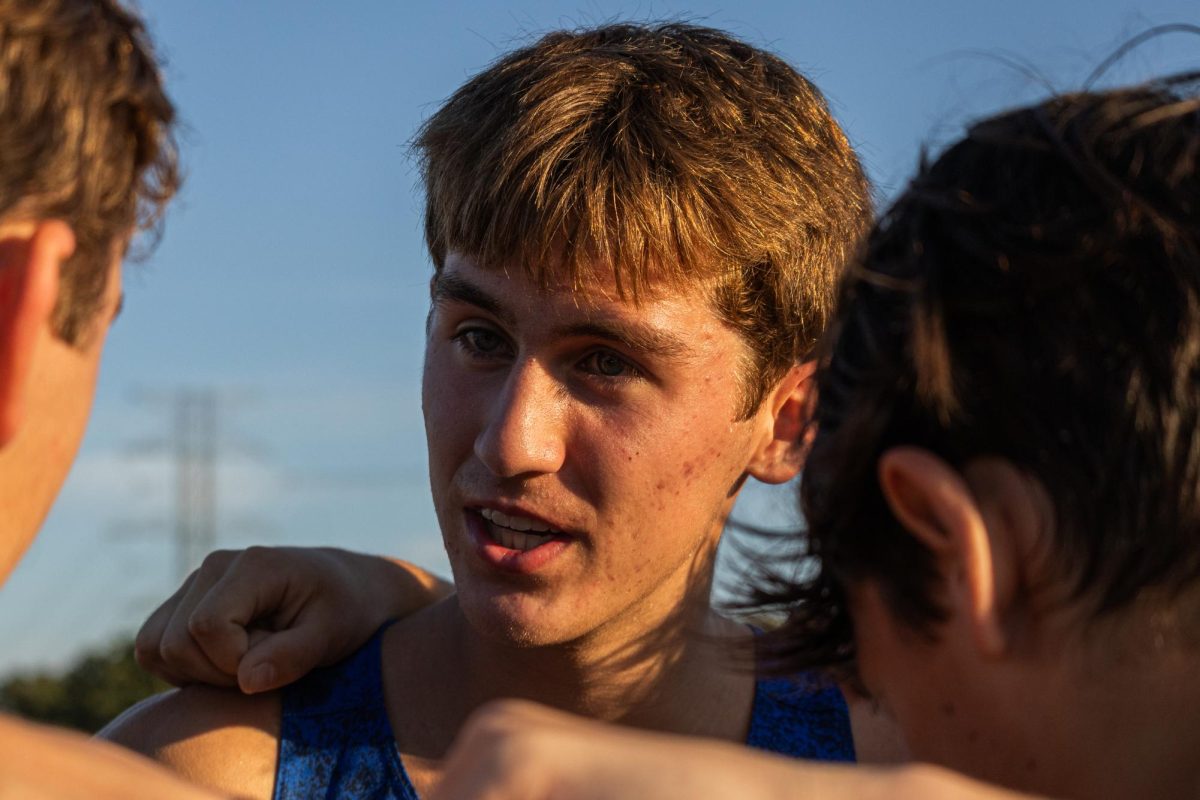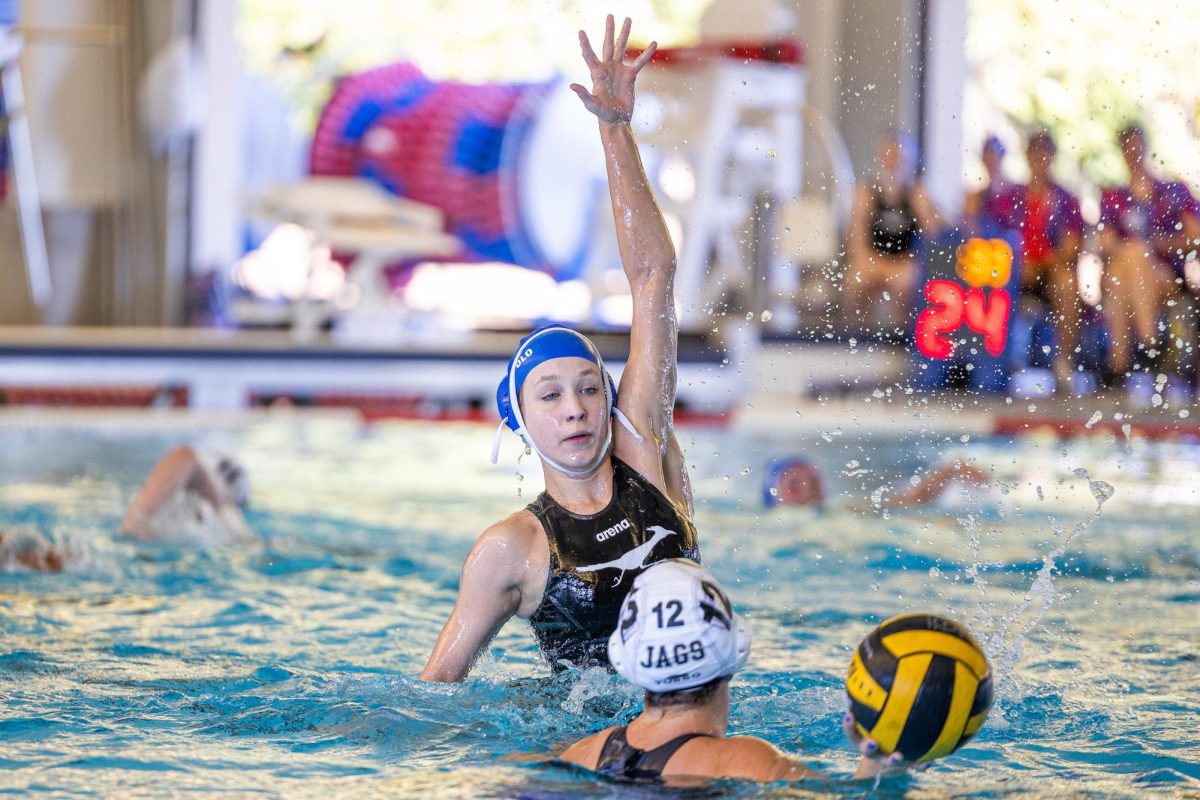Set in the Viking village of Berk, “How to Train Your Dragon” follows Hiccup, the scrawny teenager who is struggling to fit into his world that values strength and dragon slaying. When he injures a rare Night Fury dragon, he ends up betraying tradition and becoming the first Viking to befriend a dragon. Throughout his friendship, Hiccup discovers a new way of understanding the creatures that his people have feared for decades. As the tensions are rising between traditions and change, Hiccup has to prove that empathy and intelligence can be just as powerful as force.
Dreamworks’ live-action adaptation of the 2010 fan favorite “How to Train Your Dragon” was released on June 13. This adaptation has delivered a respectful take on the classic, adding some new and meaningful additions to the story; however, it has struggled to recapture the original’s magic. A die-hard fan would walk out extremely disappointed but for someone who’s never seen the franchise they would probably love it.
The best thing they did with this adaptation was staying true to the original’s story while still finding ways to incorporate new, much-needed elements. One of the biggest additions was the focus on character development. Snoutlout and his father’s expanded relationship adds a certain depth to a character that was — in the first movie—pretty one-dimensional.
Similarly, they allowed Stoick the authority and the presence of a true chief, showing why his people trusted him to be their leader. It gave Gerard Butler (Stoick in the original and the live action) the ability to make his character seem not just as a warrior-focused battle-hungry chief, but as a leader.
Mason Thames stars as our awkward teenage Hiccup, capturing much of the character’s essence, although he could have used more of the animated version’s signature sass. The emotional connection between Thames and Butler feels genuine, especially in their more moving scenes together.
The film excels in its attention to detail—every costume features consistent stitching patterns, and every building has incredibly intricate Viking carvings that really immerse you in the world. One of the best character translations is in Fishlegs. The film stays true to the animated TV show’s lore through his relationship with Ruffnut, providing some of the film’s better comedic moments.
While the characters have their ups, they also have some major downs. Nico Parker (Astrid) has the energy, but she lacks the bratty, annoying single-minded energy that made her animated counterpart so compelling.
She doesn’t feel like an insecure, fierce little 12-year-old who’s trying to prove herself. Instead, she comes across as being mature and self-assured, which I believe undermines the significance of Hiccup’s influence on her character. He helps her realize that she is more than just a warrior, that she has other skills and can express them.
Similarly, the twins lost much of the chaotic, unpredictable energy and many of their lines that made them memorable. The comedy falls flat throughout much of the film, with jokes that don’t land the way they did in the original- not just because the jokes don’t land, but because the characters themselves feel less distinct. In the original, they have exaggerated personalities and sharp comedic beats that help to define the social world that Hiccup finds himself feeling alienated from. By dulling that contrast, the live-action version weakens the sense of Hiccup’s isolation, which is essential to his character arc.
All in all, it contributes to the film’s biggest issue: the live-action version loses the animated film’s focus on how Hiccup sees himself as being different from everyone else. The most noticeable was the visual contrast in how he dressed- plain and modest- especially when compared to his dad. As the chief’s son, he had the wealth and the status to wear elaborate layers of fur, but he chose not to. An intentional and meaningful decision. It’s essential as it sets up his growth and the level of confidence that Toothless gives him through the subsequent films. Without establishing that outsider feeling, the live-action misses an important layer of character development.
But perhaps the most disappointing change was the lack of fan favorite dialogue. Some of the dialogue that played a part in defining characters and relationships is noticeably absent, robbing the film of its most quotable moments. The animated version also had a swifter opening that immediately dropped the viewers into the action, creating an environment that was more exhilarating than the live-action’s measured pace.
The animated film had a subtle brilliance in how Hiccup and Stoick would sometimes deliver the same lines at different moments, with different implications. This symbolic storytelling — something the remake struggles to capture as effectively — helped drive home Hiccup’s eventual success in changing his father’s perspective.
The dragons, while not cringeworthy, can’t compete with their animated counterparts. They serve the story adequately but lack the personality and charm that made Toothless and others so beloved. The visual effects are competent without being spectacular.
One scene that works better in live-action is the great hall conversation between Hiccup and Astrid, which effectively showcases Astrid’s aspirations while revealing Hiccup’s deep insecurities about the way he stands in his father’s eyes. Conversely, their conversation after Tothless’s capture feels forced and stupid, with Astrid feeling like an afterthought rather than a meaningful presence.
Despite its respectful approach and a few meaningful additions, the live-action “How to Train Your Dragon” has ultimately fallen short of its predecessor. The film’s muted humor, diluted character dynamics, and lack of emotional nuance strip away much of the original’s magic. While it succeeds in expanding certain relationships and showcasing an impressive production design, it has failed to capture the heart and identity, the core values that made the animated version so resonant. For longtime fans, this adaptation will feel more like a shadow than a celebration. As a longtime fan myself, I am most certainly disappointed.













